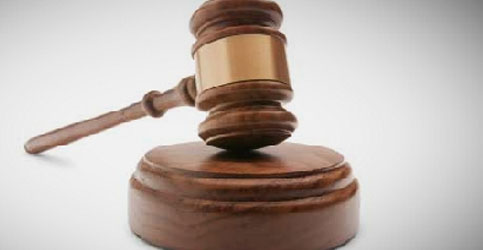This article is made available with the kind permission of Miller’s Incorporated.
With estate planning becoming more sophisticated, more and more trusts are being established. Simultaneously, divorces are increasing by around 8.6% per year, escalating the probability of a trust being involved in the case of divorce or distribution of estates.
If a trust is legally established and correctly managed and administered, its assets will fall outside the estates of the respective parties. However, it often occurs that trusts are in fact not managed and administered correctly. The mistake that occurs most often in the context of divorces, is that the requirement that the trust assets be kept, owned and administrated separate from the trustees’ personal assets (in their capacity as trustee) so as to be regarded and legally acknowledged as assets of the trust (and not as part of the estate of the founder or trustees) is not met.
In various court cases it has been decided that the founder and/or trustees did not have the real intention of a trust, namely to keep and manage assets separate from their own estates on behalf of the trust beneficiaries, but instead had the intention to, for example, keep the assets outside of their estate in order to elude creditors, including spousal claims arising from, for example, the spouse’s matrimonial property system. In these cases the courts looked through the trust as if legally it didn’t even exist.
Click here to read the full article.
Die volledige Afrikaanse artikel kan hier afgelaai word.



